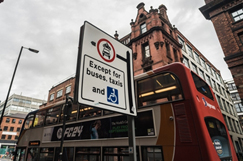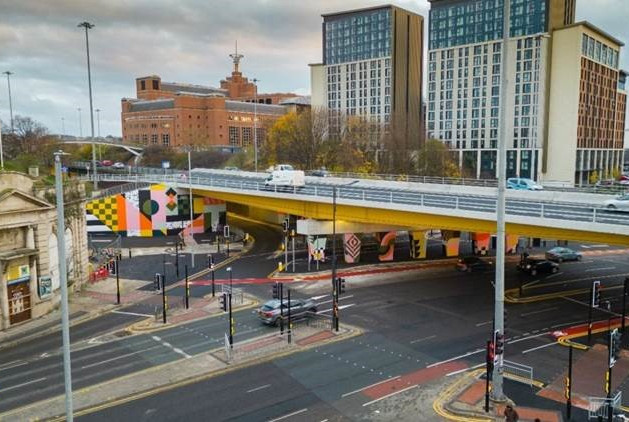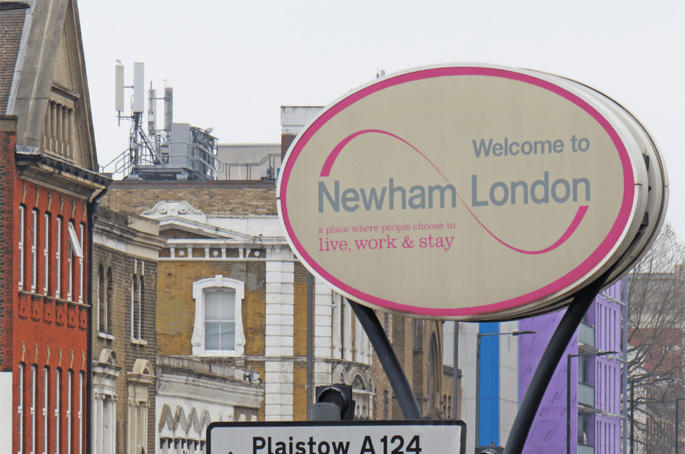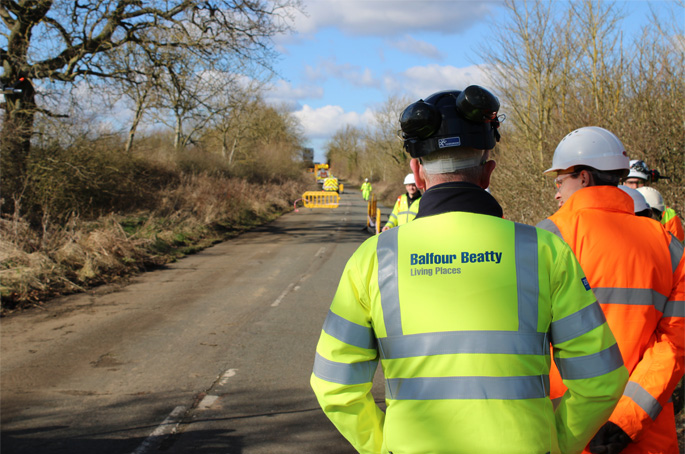Alex Smith, chief executive officer of Buchanan Computing, looks at the need to digitise the road network across the UK and the company's work towards this.
Road systems across the UK are constantly changing and evolving. For them to run smoothly, they need to be able to cope with a wide range of competing uses – from pedestrianisation to cycle lanes and EV charging points to low carbon emission zones and eventually, autonomous cars. A key issue for the transport industry right now, is the need to make the current road network across the UK fit for the future.
That came a step closer in November 2023 when the King's Speech set out a requirement for transport legislation that would enable the digitisation of traffic orders for the first time. This government acknowledgement that the system is in need of change means that we are moving towards a scenario where transport planners across the country will have access to a digital system that can accurately and efficiently update and design road ecosystems, where all elements work in harmony, to create a safe and effective transport system.
The current position

The UK's road system is underpinned by traffic regulation orders (TROs) which are the legal orders defining the rules of the road. They provide powers to place permanent (PTRO), temporary (TTRO) or experimental (ETRO) restrictions on traffic for the purposes of road safety or traffic management, and are an important mechanism for the enforcement of the network.
One major issue that has, until now, prevented modernisation, is the often archaic and disparate way TROs are created and subsequently publicised to the general public and shared across systems.
The current set-up for recording and updating TROs across the UK is patchy, with a variety of different methods being used by transport planners. It has long been clear that the system needs to be brought up to date with multiple points of truth for traffic orders being available via one common platform.
The Department for Transport (DfT) has long been aware that change is needed and that the current system is not fit for the future. As part of laying the foundations for moving forward, Buchanan Computing has since 2019 been helping the department to create and evaluate a complex data model capable of meeting the parameters of all traffic orders.
This is why, as part of the Government's Future of Transport Programme, it stated that it wanted to move forward with digitising the current framework for inputting and updating TROs and bring some consistency to the system. A digitised system would also enable the general public to have access to the information they need in real time. The announcement in November has now moved their stated intention into reality.
Technology lies at the heart of the DfT's Future of Transport programme with an understanding of connectivity, automation and real-time data collection and analysis being key to unlocking the development of the road network. A number of pilots have been funded by DfT across the country to help move the road management digitisation project forward.
A blueprint for the future
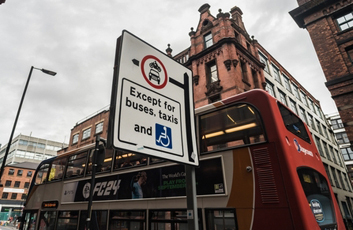
One of the main recipients of funding is Transport for the West Midlands (TFWM), which is in charge of a transport management project called Rules of the Road. This project, supported by Buchanan Computing, is likely to be seen as a blueprint for others as digitisation of traffic orders gets fully underway.
The Rules of the Road project running across the West Midlands can be seen as a microcosm for the whole country, with the target being to get common standard of digitisation and levels of mapping TROs across the road network.
The project will ultimately provide a region wide system for the recording and upkeep of regulatory, order and non-order based highway data, mapped to provide information in a digitised format. This Traffic Order Management system will operate across the entire region but will encompass individual access for each of the seven constituent local highway authorities (LHA); Birmingham, Coventry, Dudley, Sandwell, Solihull, Walsall and Wolverhampton who will have individual control of the traffic orders within their boundaries.
As part of the pilot, TFWM is working closely with Buchanan Computing, utilising its groundbreaking ParkMap digital platform – a system that allows local authority transport planners to update TROs in real time quickly and easily. The ultimate aim is to create a live road system across the whole of the TFWM region, which would then form part of the full UK road network that is updated in real time so that it is easy for anyone to see where TROs are. ParkMap was chosen by TFWM as the preferred platform because it is already used by many local authorities for this work and because it provides them with an accessible map-based inventory of parking and moving traffic regulations.
Integrated with this are full facilities for the order making process, to aid productivity and keep the permanent records updated. ParkMap has been designed with the functionality needed to manage and communicate a regularly changing set of traffic orders and to update in real time.
Rules of the Road: Phase One
Work on the Rules of The Road project began in earnest in September 2022. As part of the first phase, the team surveyed what was in place across the West Midlands alongside the legal traffic management framework in which it was operating. They then began to look at how to implement a system that could be rolled out across the region and which would provide real value to local authorities as well as to TFWM.
The survey used a hybrid approach comprising laser scanning which was undertaken by GetMapping, working in conjunction with Buchanan Order Management, who uploaded the data directly into the ParkMap platform and provided TROs showing where traffic orders were currently in place. As part of an early phase of the project, Wolverhampton was surveyed and mapped by Buchanan for the Commonwealth Games zones, using the ParkMap platform.
This allowed the TFWM to put a business case together for how the whole project should move forward across the region. This initial work has meant that Birmingham and Solihull are also getting up and running on the new system, which requires transport planners to populate the ParkMap system so that it reflects the current position and allows easy future updates when new Traffic Management Orders are applied.
Rules of the Road: Phase Two
Phase Two of the project will be to actively manage the road network using ParkMap to keep the system live and up to date. The aim is to look at the next generation of more flexible TROs, to ensure that they are catered for, as well as looking at future city planning, so that there is a robust system in place that can provide up to date information for residents quickly and easily.
Mark Collins from TFWM, who is managing the pilot, says: ‘We see this project as part of the aim to future proof our cities and prepare them for autonomous vehicles. It is our job to look at the bigger picture, streamlining processes, exploring different types of flexible TROs and connecting with autonomous vehicles in the future.'
The stumbling blocks
Although many other local authorities are already utilising the ParkMap platform for this work, things are still moving slowly around the rest of the UK with some Local Authorities very much focused on static traffic restrictions and analogue entry. However, moving traffic restrictions, like speed or weight limits on roads, are becoming more and more common, so the new system needs to be able to reflect that more easily. The challenge now is to encourage all Local Authorities to start prioritising the work of uploading their traffic management data onto a common digital platform like ParkMap so that the whole country becomes digital.
That work has been given impetus by the King's Speech, but it will take a lot of work and a lot of goodwill to complete when there are many other competing priorities at local level. However, the Rules of The Road pilot and others around the country will hopefully act as a blueprint for authorities, who will then be able to see the benefits that full digitisation would bring in terms of staff time, efficiency and ease of use.
The future of transport
The digitisation of the road network is long overdue and it is great to see that the DfT has finally recognised this. However, there is a lot of work still to do if we are to reach a point where our roads are able to deal with future transport challenges. Without a standard digitised system that uses open data and is transparent, we will be racing to catch up as the technology overtakes us in terms of autonomous vehicles and EV charging points.

